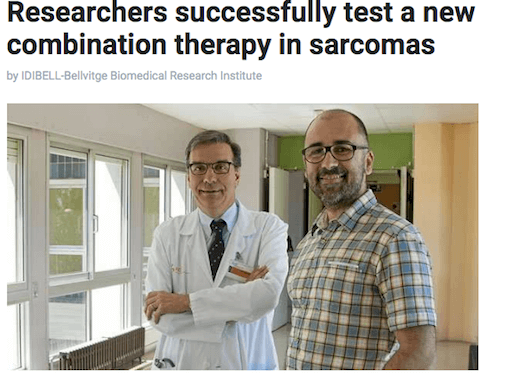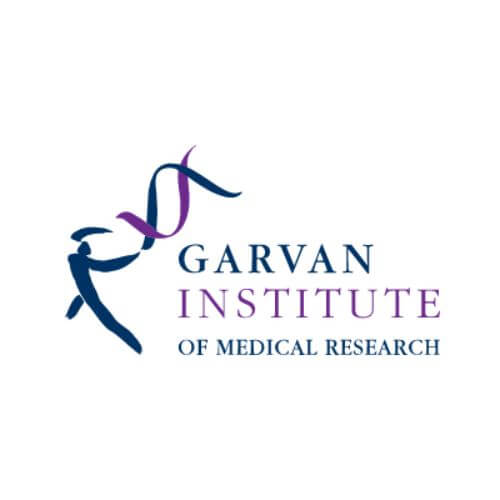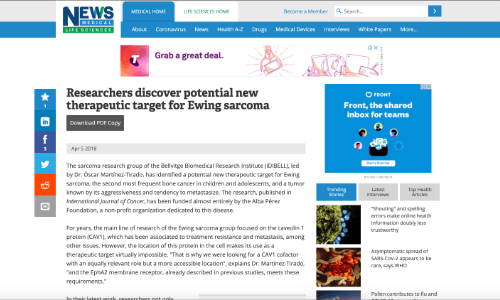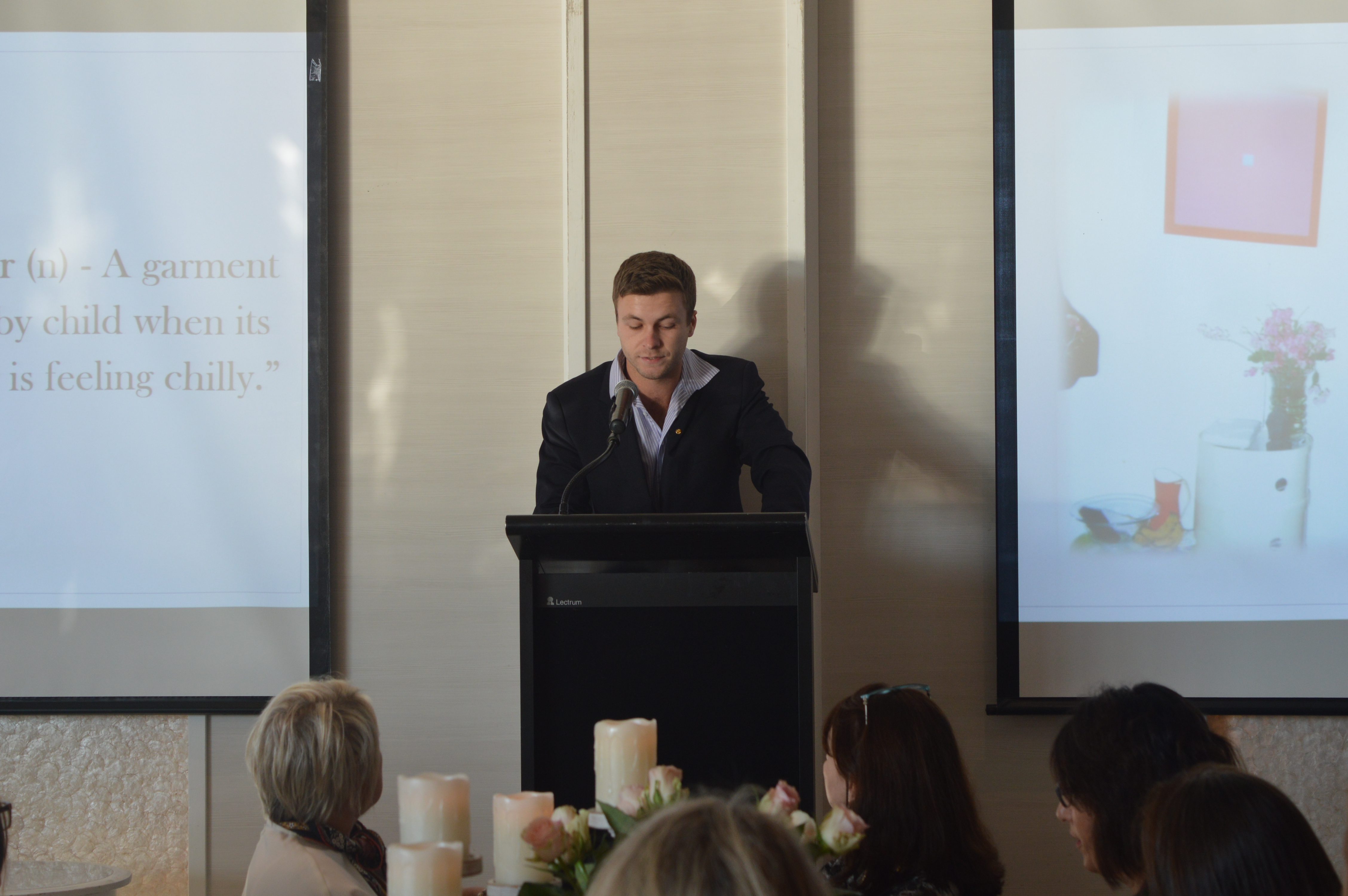 Below is a transcript of the speech delivered by
Below is a transcript of the speech delivered by
Mitchell Rice-Brading
at the
CRBF Inaugural Mother’s Day Breakfast
11 March, 2018.
Cooper Rice-Brading Foundation board members, invited guests, and in particular, to each mum in the room this morning, welcome. My name is Mitchell Rice-Brading, and it is my brother’s name, that the Foundation proudly bears. I would like to thank you all for taking time out of your busy schedules to support the Foundation this morning.
It is indeed a pleasure to stand before you, and to embrace this celebration of a day, even though a number of us in the room will be thankful we actually remembered Mother’s Day this year. As sons and daughters, we celebrate the fact we dodged yet another bullet, that would see us otherwise trying to find a Coles flogging a box of Lindt chocolates at 50% off on Sunday morning. Never mind the fact we’re generally horrifically hungover, and are taking trips to the bathroom every 15 minutes during brunch. Of course, mums never articulate their disappointment, but you can tell they take some joy out of watching us squirm, and the icy stare says it all…
Jokes aside, no matter how much we do, or do not show it, we all remain grateful for the presence of mums in our lives. This particularly applies to matters of appearance. I’m sure I’m not the only one in the room here who receives feedback on their attire. I mean, I for one don’t know how I’ve coped without mum’s daily hints and tips over recent years, since spending less time at home. In fact, it’s really a testament to mum that I’m talking up here today fully clothed. Looking ahead 20 odd years, I can see a day when I’m visiting mum, like the caring son I am, and despite the fact she’ll be closer to *mumble*, her inner Alex Perry will appear, and she’ll comment on what I’m wearing. Ah well, at least it’ll be easier walking out of the cheapest retirement home in Sydney, knowing my decision to ship her out to Blacktown had been validated.
I should give everyone in the room some context for my comments here. All these bits of advice on my outfits, come from the same woman who took pleasure out of dressing coops and I in matching sailors outfits as innocent and helpless toddlers. Apparently looking like back-up dancers for the village people wasn’t enough, and we were also forced to rock haircuts where I can only assume we ran into financial trouble and couldn’t afford a hairdresser, so mum placed bowls on our heads and shaved anything that was visible. The result had us looking like we belonged next to the Beatles during the 60s, and fortunately, there are a pair of charcoal drawings on our walls ensuring our bowl cut phase is preserved forever. Not a dinner party goes by where the two creepy kids on the wall aren’t brought up, so thanks again mum for ensuring the good old days have been immortalised.
I should also mention mum’s prowess in the kitchen. Many of you here today will know mum as a very proficient cook, and I’m not here to dispute that, however there have been some swings and misses over the years. I distinctly remember one morning, where after weeks of unsuccessfully trying to get coops to take his morning fish oil tablet, mum decided to take things into her own hands. She very sneakily squeezed the fish oil under his omelette, operating under the assumption it would go unnoticed. It didn’t. “Muuuum my omelette tastes disgusting, what have you done to it”. “Nothing cooper, there is nothing wrong with it, now please stop complaining and eat it”. Of course, there was something wrong with it. There was fish oil in it, and that’s disgusting, but hey you can’t blame a mum for trying.
Now I know many of you will have parents on social media, and I know a similar amount of you will have parents who don’t know how to use social media, but I still think mum takes the cake. There are no two ways about it: it should be legislation that my mother is not allowed near an Instagram, Facebook, or Twitter account. However, until Mr Turnbull responds to my emails, we will continue hearing stories like these. Recently, I was messaged by a friend, saying that the Foundation Instagram page had put up an interesting insta story. I thought nothing of it, only to check the insta story, which is visible to all, only to be greeted by none other than mum, staring at the camera, unintentionally zooming in and out on her confused face five times. I could ask mum 100 times to put up an insta story, and every time she would honestly say she has no idea. But in my opinion, she saved the best for Dad, when she was under his alias on Facebook. thinking she was using the Foundation’s page, mum got excited when she saw the “add friend” button, and pressed away at familiar names and faces. Shortly after, I was made aware to the fact my father had been adding not only several of my friends, but also boys and girls from several years below. I need not elaborate on how uncomfortable this was for all involved, for so many reasons. So, if you’re listening Mr Turnbull, please get back to me A.S.A.P.
Mum wanted me to keep this introduction light-hearted this morning, and don’t worry I could stand up here all day rattling off anecdotes about her fails as a mum, but it would be remiss of me not to mention her qualities as a mother, and a person. For every fish oil infused omelette, there have been at least like, maybe 10 non-fish oil infused omelettes. Of course I’m kidding – Coopsand I were blessed growing up with daily hot breakfasts, and I know for a fact friends loved coming over for sleepovers, because breakfast itself was normally a 3 course meal consisting of fruit, eggs and bacon, and pancakes. Every morning we were driven to school, despite living one short bus trip away, and every weekend she’d be on the sidelines supporting us with our footy and cricket. In fact, this support was often audible. Very audible. I knew I’d done something good when I heard that familiar shriek reverberating across the field we were playing at. And of course, there’s her tireless work for the Foundation, ensuring the legacy Coops started is carried on valiantly, by putting on beautiful events like this one today. So mum, I want to thank you for being the kindest and most generous person I know, and don’t ever stop asking me if I would consider trying that other pair of pants on?
And to all the mums out there, I’m sure your own boys and girls will remind you over the weekend, but thank you for putting up with us. Thank you for picking us up when we got too drunk on goon at a party whilst underage, for cooking us dinner when we said we would be home and then we weren’t, and for letting us use the car for a couple of hours, and then not seeing it again until it needs to be filled up with petrol several days later. We all love you, and are blessed to have you in our lives.
Thank you for bearing with me, and I hope you all continue to enjoy the rest of your morning.
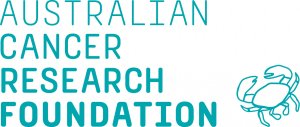
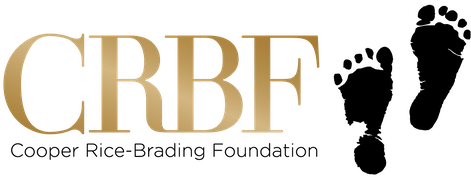

 Below is a transcript of the speech delivered by
Below is a transcript of the speech delivered by 